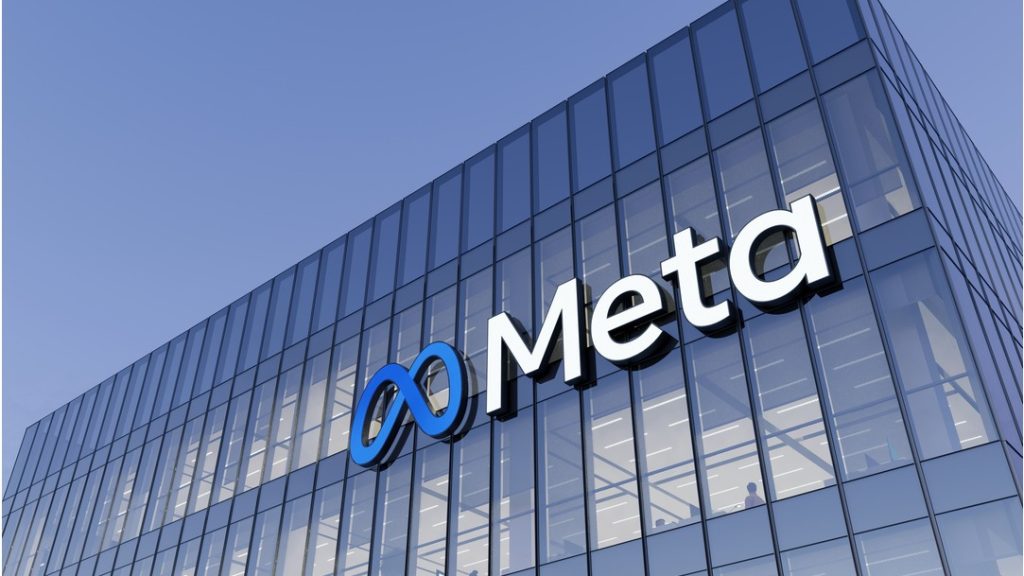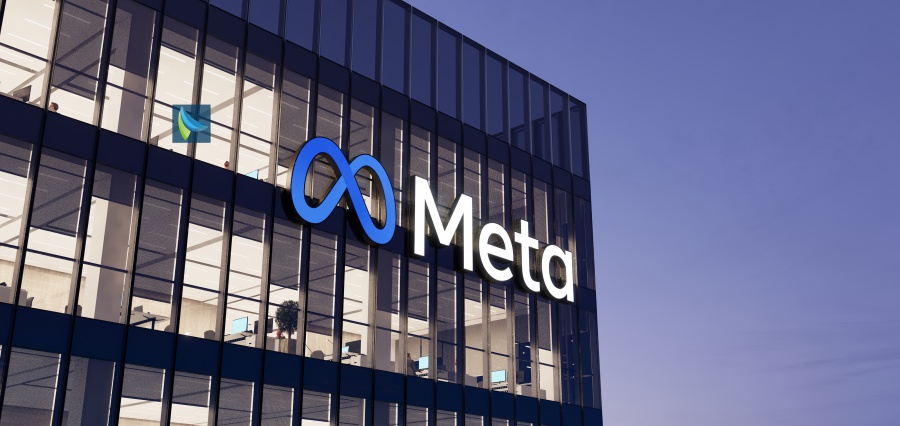In a groundbreaking move to combat financial fraud, Meta, the parent company of Facebook, has formed a data-sharing pact with UK banks. This initiative, aimed at enhancing security and protecting users from scams, marks a significant step in the fight against online fraud. The collaboration involves major UK banks such as NatWest and Metro Bank, and it is expected to set a new standard for cross-industry cooperation in fraud prevention.
The Genesis of the Pact

The data-sharing agreement, known as the Fraud Intelligence Reciprocal Exchange (FIRE), was born out of a growing need to address the rising tide of online scams. Over the past few years, financial fraud has become increasingly sophisticated, with scammers exploiting digital platforms to deceive users. Meta’s platforms, including Facebook, Instagram, and WhatsApp, have been frequent targets for these fraudulent activities.
Recognizing the need for a more robust approach to fraud prevention, Meta initiated discussions with UK banks to explore ways to share intelligence and resources. The result was the FIRE program, a first-of-its-kind initiative that allows banks to share information on scams directly with Meta. This collaboration aims to enhance the detection and removal of fraudulent accounts and activities on Meta’s platforms.
The Mechanics of the FIRE Program
The FIRE program operates on the principle of reciprocal information sharing. Banks provide Meta with data on known scams and fraudulent activities, which Meta then uses to train its systems and improve its fraud detection capabilities. In return, Meta shares insights and data with the banks, helping them to better protect their customers from fraud.
During a six-month pilot phase, the effectiveness of the FIRE program was demonstrated through the removal of approximately 20,000 scam accounts. These accounts were identified using 185 URLs shared by the participating banks. The pilot’s success highlighted the potential of the program to significantly reduce the incidence of online scams.
Key Players and Their Roles

NatWest and Metro Bank are the first UK banks to participate in the FIRE program. Their involvement has been instrumental in shaping the initiative and demonstrating its effectiveness. Both banks have a strong commitment to fraud prevention and have welcomed the opportunity to collaborate with Meta.
David Lindberg, CEO of Retail Banking at NatWest, emphasized the importance of the partnership: “Spotting and stopping fraudsters before they are able to target customers is the best way to address this growing problem. Partnering with Meta is an important step in tackling the epidemic of fraud. We welcome the opportunity to deepen our collaboration and ensure a cross-industry approach to fraud prevention and enforcement”.
Faisal Hussain, Chief Operating Officer at Metro Bank, echoed these sentiments: “Scams are an industry-wide problem which require industry-wide solutions. By working together with Meta, we can leverage our combined resources and expertise to better protect our customers from fraud”1.
The Broader Impact on the Financial Sector
The FIRE program represents a significant shift in how financial institutions and technology companies approach fraud prevention. Traditionally, banks and tech companies have operated in silos, each developing their own strategies and tools to combat fraud. The FIRE program breaks down these barriers, fostering a collaborative approach that leverages the strengths of both sectors.
This collaboration is expected to have several positive outcomes:
- Enhanced Fraud Detection: By sharing data and insights, banks and Meta can improve their fraud detection capabilities. This means that fraudulent accounts and activities can be identified and removed more quickly, reducing the risk to users.
- Improved Customer Protection: The primary goal of the FIRE program is to protect customers from fraud. By working together, banks and Meta can provide a more comprehensive defense against scams, ensuring that users are better protected.
- Increased Regulatory Compliance: The collaboration also helps banks and Meta to meet regulatory requirements for fraud prevention. By demonstrating a proactive approach to combating fraud, both sectors can enhance their compliance with regulatory standards.
- Strengthened Trust and Reputation: For both banks and Meta, participating in the FIRE program can help to strengthen their reputation and build trust with customers. By taking a leading role in fraud prevention, they can demonstrate their commitment to protecting users and maintaining the integrity of the financial system.
Challenges and Considerations
While the FIRE program holds great promise, it also presents several challenges and considerations. One of the primary concerns is data privacy. Sharing information between banks and Meta requires careful handling of sensitive data to ensure that customer privacy is not compromised. Both parties must adhere to strict data protection regulations and implement robust security measures to safeguard the information.
Another challenge is the need for ongoing collaboration and communication. The success of the FIRE program depends on the willingness of banks and Meta to continuously share data and insights. This requires a sustained commitment from both sectors and the establishment of clear protocols for information sharing.
Additionally, the program must be scalable to accommodate more banks and financial institutions. As the FIRE program expands, it will need to integrate additional participants and manage a larger volume of data. This will require investment in technology and infrastructure to support the program’s growth.
Future Prospects and Expansion
The initial success of the FIRE program has paved the way for its expansion. Meta plans to onboard more banks and financial institutions in the coming months, broadening the scope of the initiative. The goal is to create a comprehensive network of partners working together to combat fraud on a global scale.
Nathaniel Gleicher, Global Head of Counter-Fraud at Meta, highlighted the importance of this expansion: “We will only beat these criminals if we work together and share relevant information related to scams. Financial institutions can share unique information with us which we can in turn use to train our systems to take action against more scams globally”.
The expansion of the FIRE program is expected to enhance its effectiveness and provide even greater protection for users. By leveraging the collective resources and expertise of a broader network of partners, the program can continue to evolve and adapt to emerging threats.
Conclusion
Meta’s data-sharing pact with UK banks represents a significant milestone in the fight against financial fraud. The FIRE program’s innovative approach to information sharing and collaboration has already demonstrated its potential to reduce the incidence of online scams and protect users. As the program expands and more banks join the initiative, it is poised to set a new standard for cross-industry cooperation in fraud prevention.
For Meta, NatWest, Metro Bank, and other future participants, the success of the FIRE program underscores the importance of working together to address complex challenges. By combining their strengths and resources, they can create a safer digital environment and build a more resilient financial system.
As the financial sector continues to evolve, initiatives like the FIRE program will play a crucial role in shaping the future of fraud prevention. Through collaboration, innovation, and a shared commitment to protecting users, banks and technology companies can make significant strides in the ongoing battle against financial crime.

